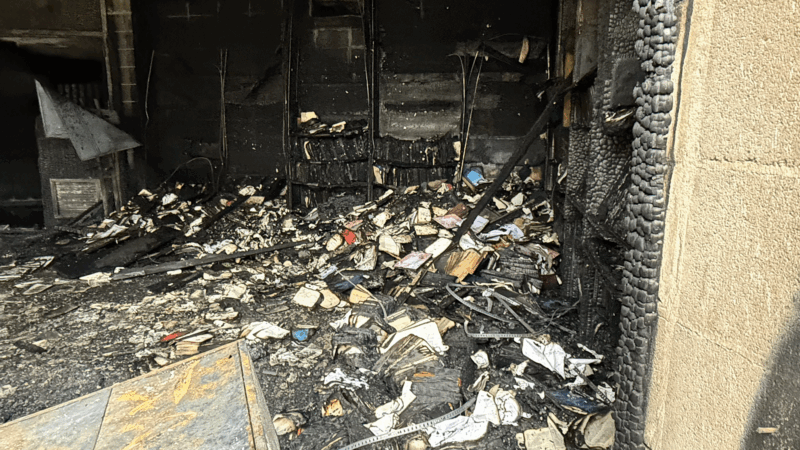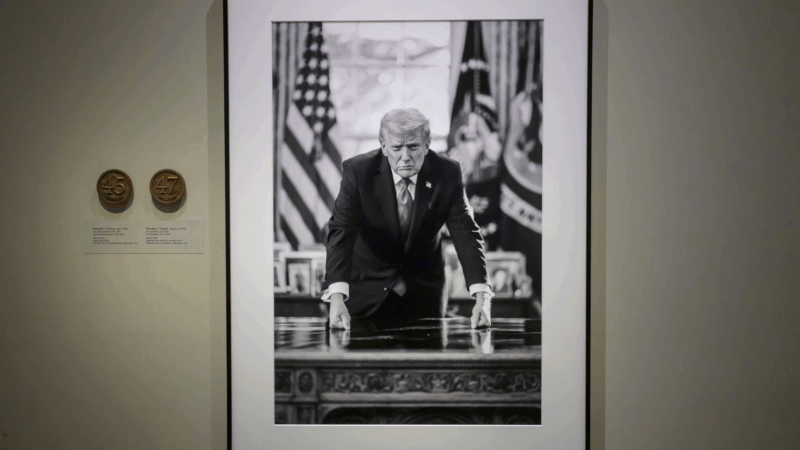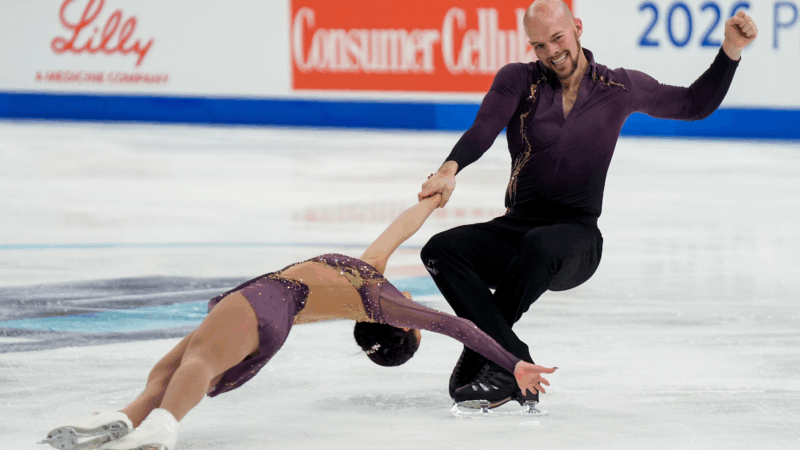Tax cut bills under consideration in final days of the legislative session
Alabama has already knocked off 1% of its state sales tax from groceries. A bill that would reduce it further is under discussion in the legislature. But there are just a couple of days left in the session to get things done. We get an update on what happened this week in the legislature from Todd Stacy, host of Capital Journal and Alabama Public Television.
This interview was edited for length and clarity.
This bill would take another percent off the state sales tax on groceries, reducing it to 2%. But how would it work?
That’s right, and if you remember a couple years back, they passed legislation taking the one penny off, and it set into motion a plan at least for a penny to come off each year. But they put guardrails on that to require a certain amount of revenue growth. They didn’t want those tax cuts to hurt revenue going to the Education Trust Fund. Well, that has resulted in no more pennies coming off that sales tax on groceries. So they’ve acted this time to say, “Okay, no, we’re going to go ahead and take off a second penny to reduce it to 2%.” So they’re kind of overriding their own guardrails because this is a priority. The legislature, Republicans and Democrats want this sales tax off of groceries completely. And I think they’ll eventually get there.
Lawmakers are also considering several other tax cut related bills. What do those entail?
One is targeted to help older Alabamians, 65 and older, who withdraw funds from a defined contribution retirement plan like a 401k. You would be able to draw up to $12,000 and be exempt from state income tax on that $12,000 if you withdraw it from your retirement account. So it’s a way to help older Alabamians make ends meet. There’s also a focus on helping lower income Alabamians [by] raising the standard deduction that most low-income folks take, an extra $500 for individuals. And so that’s a way to help lower-income Alabamians, which is what the legislature’s trying to do.
Lawmakers met their constitutional duty this week, sending both the general fund and the education budgets to the governor. These had some big numbers attached to them. What were some of the highlights?
Oh, yeah, another record in both budgets. If you add it all up, the education budget with the supplementals and everything is more than $12 billion. And in the general fund, it’s about $3.7, $3,8 billion. So those are big numbers. Lawmakers are excited about these budgets. They’re pleased with them. They’ve passed overwhelmingly with bipartisan support.
Especially on the education front, moving along with the budget is something called the RAISE Act that sets a new a student-based funding formula that offers schools with higher populations of poor students, English-language learners, or special needs, or gifted students. It weighs those students differently because it costs more to educate those populations of students. Lawmakers are really excited about that because it’s gonna really modernize the way we fund schools in Alabama. So it’s kind of not talked about as much as it should be. It’s a pretty big reform for Alabama.
Finally, the fight is on over a bill that would expand immunity for police officers. It has the backing of Governor Kay Ivey, but it has particularly drawn the ire of Democrats. Todd, give us an overview of what’s happened with this bill in these final few days.
If you go back to the beginning of the session, public safety was the top priority for the governor and legislative leadership. So they developed this “Safe Alabama” slate of bills. This was the chief among them. It’s called the “Back the Blue Act” and would offer some immunity for police officers involved in shootings and things on the line of duty and offer them basically one more step before they get either sued or prosecuted, allowing a judge to review whatever tape or whatever situation happened to see if indeed that action is protected.
Supporters say this is a way to help recruit police officers because they’re having a real problem with that in a lot of cities, Birmingham, Huntsville, Montgomery. They say police need to feel protected, otherwise they’re not gonna take those jobs or they feel like they’re gonna be prosecuted or sued. But Democrats are really upset about these bills and are very vocal in their opposition saying this will allow police officers to be involved in those shootings and maybe be too aggressive, especially towards Black Alabamians. And so you’re seeing a lot of pushback. It’s through committee. It’s supposed to be on the Senate floor early next week, and I would expect to see a lot debate and a lot arguing about that bill.
Arson engulfs Mississippi synagogue, a congregation once bombed by Ku Klux Klan
A suspect is charged with arson in a fire that burned through a synagogue in Mississippi. Flames and smoke destroyed its library, housing Torahs.
DOJ subpoenas Federal Reserve in escalating pressure campaign
The Justice Department has subpoenaed the Fed over chair Jerome Powell's testimony over the central bank's headquarters renovation. Powell calls it part of a pressure campaign over interest rates.
The 2026 Golden Globe awards are Sunday. Here’s how to watch
The 2026 Golden Globes air on Sunday night starting at 8 p.m. ET / 5 p.m. PT.
National Portrait Gallery removes impeachment references next to Trump photo
A new portrait of President Trump is on display at the National Portrait Gallery's "America's Presidents" exhibition. Text accompanying the portrait removes references to Trump's impeachments.
America’s top figure skaters dazzled St. Louis. I left with a new love for the sport.
The U.S. Figure Skating National Championships brought the who's who of the sport to St. Louis. St. Louis Public Radio Visuals Editor Brian Munoz left a new fan of the Olympic sport.
DHS restricts congressional visits to ICE facilities in Minneapolis with new policy
A memo from Homeland Security Secretary Kristi Noem, obtained by NPR, instructs her staff that visits should be requested at least seven days in advance.







